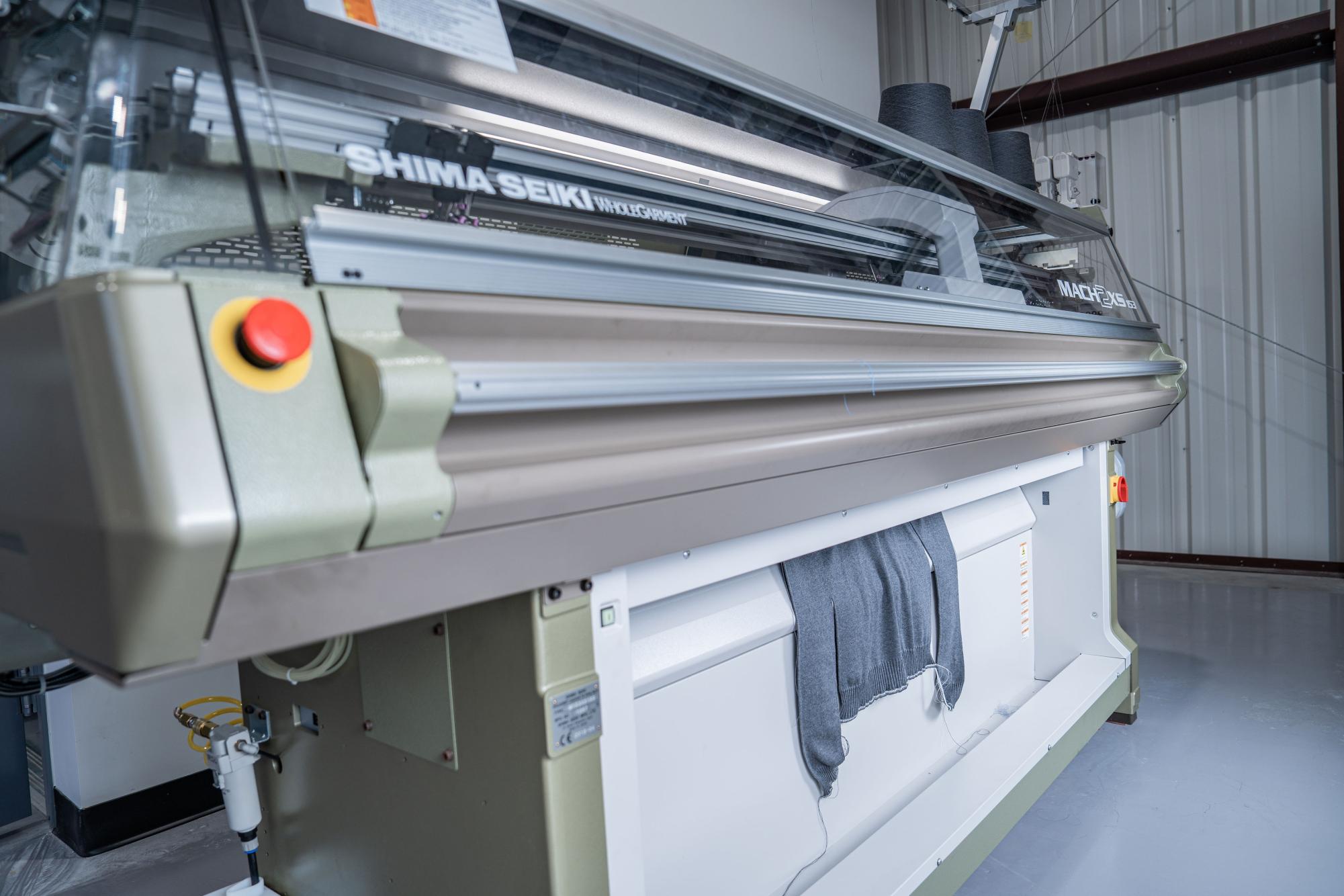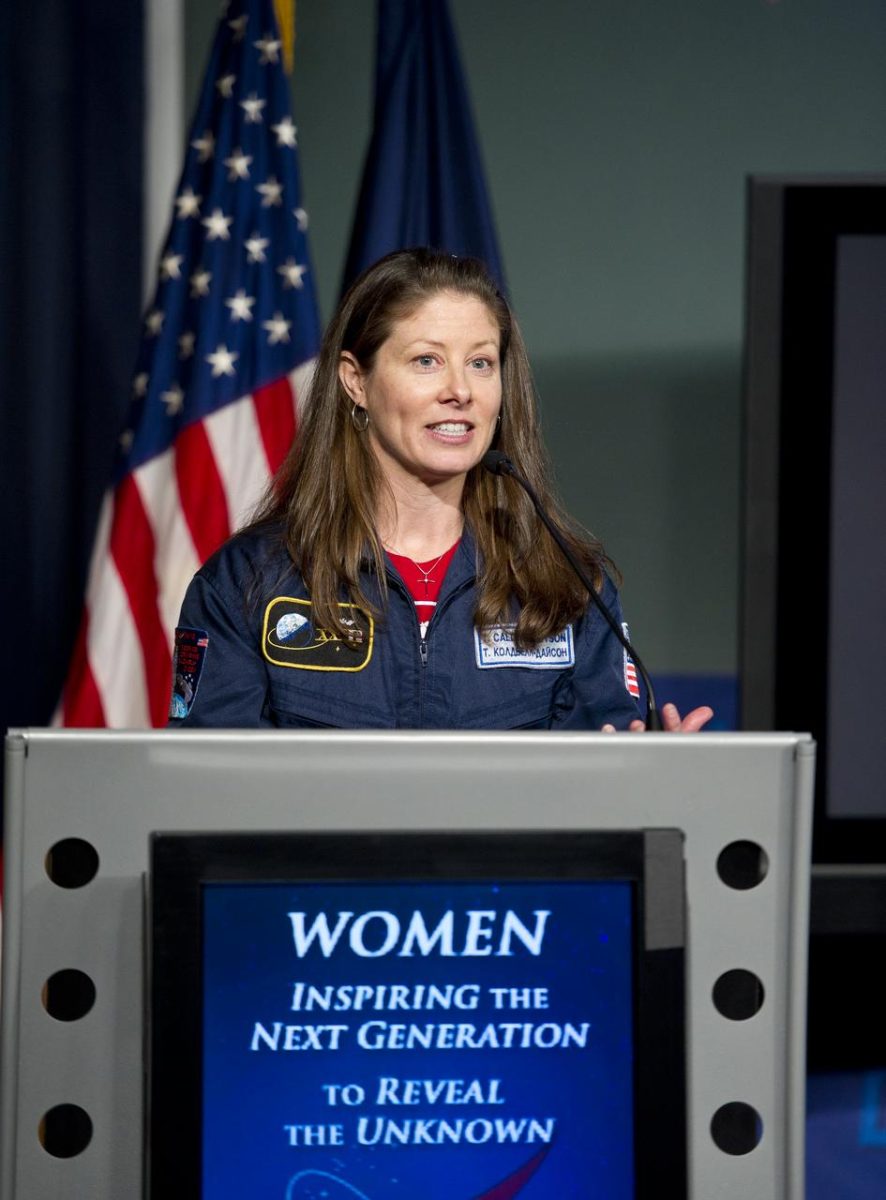Ying Yi, a Professor of Physics at Lone Star College and former model has realized her lifelong aspiration of launching her own fashion business. Her company, MY Knitever, is taking the extra step to tackle an issue often unacknowledged by the public and one that could have drastic environmental consequences: textile waste.
Professor Yi believes this issue can be addressed by using innovative technology to reduce the need to sew multiple strands of fabric and allow for on-demand production. At MY Knitever, custom-fit knitted dresses are designed using smartphone body scanning and 3D knitting technology. When customers order products from MY Knitever’s website, they are guided through the process of scanning their bodies using their phones. The scanning app sends the information from the customer’s phone to one of the many company’s 3D knitting machines. From there, the dress tailored to the customer’s accurate body measurements is produced.
As a former model, Yi knows the importance of having a dress that perfectly fits someone’s body. She disapproves of the fashion industry’s traditional sizing system, which she believes doesn’t consider how human bodies have changed over time due to new foods being produced and advancements in exercise technology. In Yi’s view, to solve the textile waste issue, fashion companies must first understand how to correctly size modern women’s bodies and present them with a dress that fits them well.
And so far, this strategy has paid off for Yi’s company. Although it’s been two years since Yi launched MY Knitever, the company’s customer base has steadily grown thanks to social media marketing and networking. After attending a friend’s fashion show, what started as an idea from Yi has now turned into a successful rising fashion business that wants to give customers an alternative shopping experience while hoping to help push an industry known for its glints and glamor to a more sustainable future.

Much of today’s textile waste comes from our reliance on online shopping. Over the past 50 years, the production of polyester used to make inexpensive fashion products has increased. This rise in affordable clothing has made it easier for consumers to discard the clothes they order online. An article from Columbia Climate School addressing the issue of textile waste mentions that consumers purchase 20% of newly worn clothing from impulse shopping alone.
When it comes to the environment, these statistics paint a grim picture. The article explains that fashion is responsible for 10% of human-caused greenhouse gas emissions. Additionally, global fashion consumes 93 billion metric tons of clean water annually. When washed, synthetic plastic fibers used in polyester can release microplastics, which subsequently enter the wastewater, contribute to soil pollution, and ultimately become part of the food chain. Researchers have suggested that Americans are consuming roughly 74,000 of these microplastic particles each year.
For Yi, addressing these issues head-on requires only some effort and a willingness to accept that sustainability isn’t a cute idea but a necessary solution.
“Sustainability isn’t a choice,” said Yi. “It’s a must.”
You can check out MY Knitever at myknitever.com





























